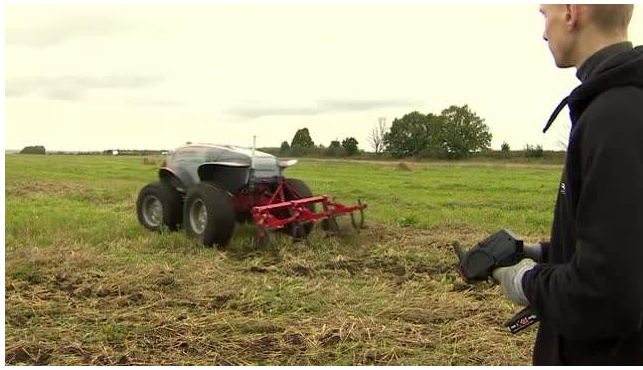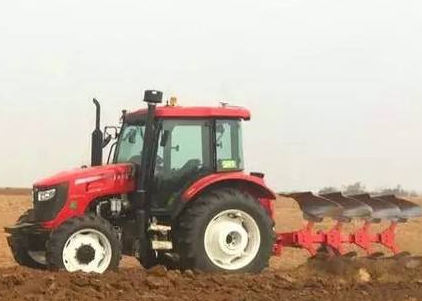Population aging, a large number of rural migrant workers and food self-sufficiency is not enough factors are driving the Japanese agricultural giants competing to build unmanned tractors. Japan's "robot tractor" of the first generation of products is expected to begin next year sales. The tractor was encouraged by the Japanese cabinet office and was seen as one of the ways to stop Japan's agricultural extinction.
According to the World Wide Web, the technology is 50% more expensive than ordinary tractors, and it aims to improve the effective manpower of Japanese farmland. Initially, this "robot tractor" would need to work with a manned tractor to get an emergency intervention if there was a problem with an unmanned vehicle. However, with the improvement of man-made intelligence, tracking and safety technology, there will be more unmanned tractors in the future in the labor shortage but the open Hokkaido and Kyushu Islands put into use.

"It is clear that Japan is in great need of automatic machinery and equipment." "Every farmer has an average work of 18.9 hectares at the turning point of the Hokkaido millennium, and now that, with the reduction of the population, has risen to 30.1 hectares, and the number of tractor operators per hectare is not enough." Kubota also launched an unmanned tractor earlier than Kenkou.
Some companies involved in unmanned agricultural machinery say that after 2020, if rice or potato farmers are still struggling to continue working at the age of 80, they can theoretically allow unmanned tractors to plow, sow and harvest Crops, these unmanned agricultural machinery can even work in the evening, and farmers only need to stay in a comfortable living room.
The establishment of a system that allows automated tractors to work on uneven terrains and steep sloping fields is very complex and "imparting" the subtle experience of mankind driving in years of driving to the tractor. But unlike unmanned vehicles, designers of robotic tractors do not have to worry too much about the behavior of other vehicles and pedestrians.
A Japanese cabinet official said: "Japan's severe agricultural situation means that the establishment of unmanned agricultural machinery is essential.”
















 RCCN WeChat QrCode
RCCN WeChat QrCode Mobile WebSite
Mobile WebSite
